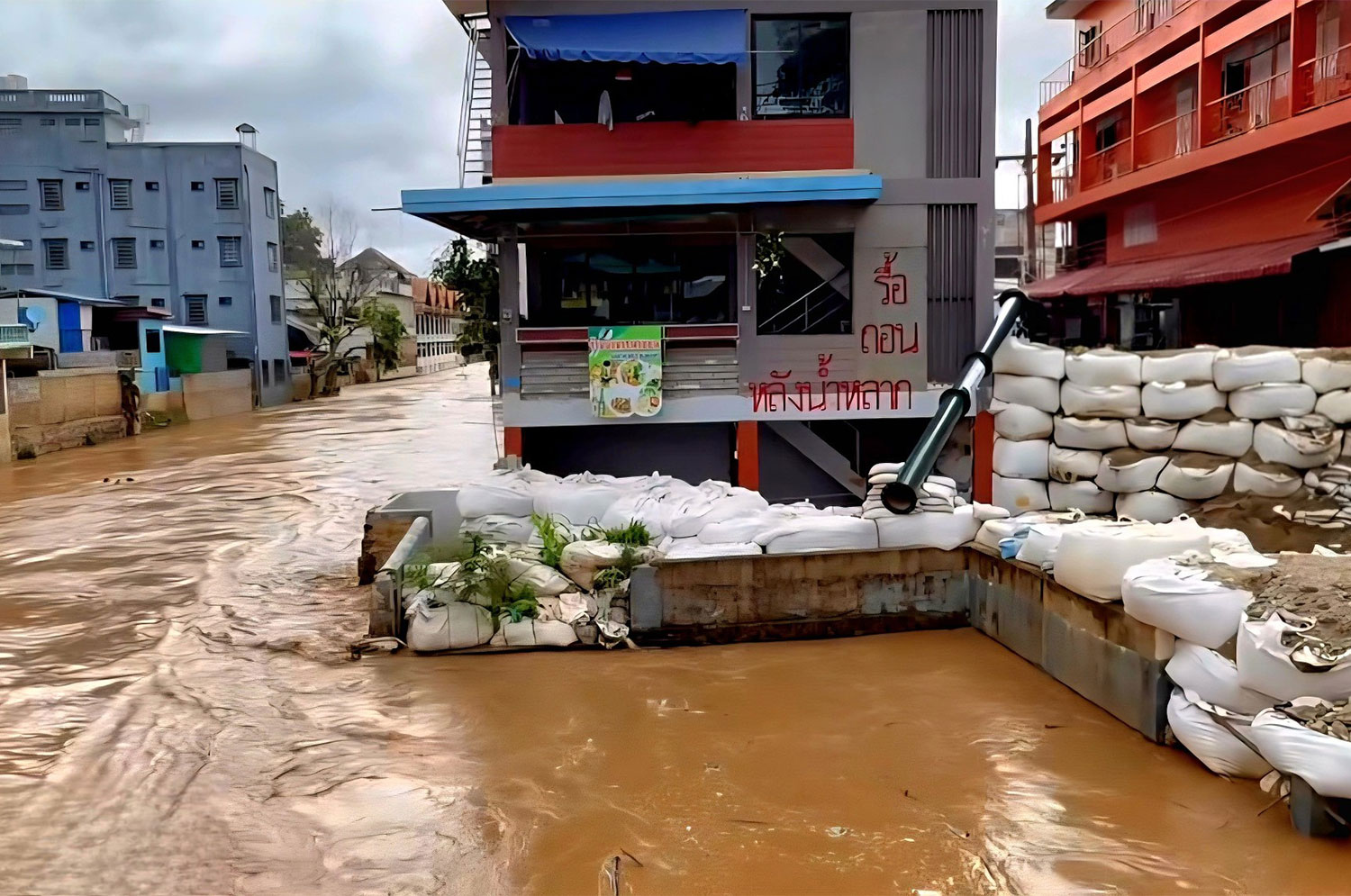Public Criticism Sparks Response
Kumthai Page Calls Out Errors
On July 7, 2025, Thailand’s new Deputy Education Minister, Asst Prof Rinthipond Varinvatchararoj, publicly acknowledged spelling errors in a March social media post on X, following criticism from the popular “Kumthai” Facebook page. The page, known for promoting correct Thai usage, highlighted multiple mistakes, prompting a swift response. With 80% of Thais active on social media, per 2025 digital reports, such errors draw significant attention, especially from a senior education official.
Admission of Mistakes
Speech-to-Text Blamed
Rinthipond admitted to the inaccuracies, attributing them to automated speech-to-text technology and a lack of thorough review before posting. Speaking to the press on July 4, she expressed regret for the oversight, noting that even academics can err. Her candid admission resonates with Thailand’s 15 million social media users, per 2024 data, who value transparency from public figures, particularly in education, a sector impacting 7 million students.
Pledge to Improve
Setting a Positive Example
The deputy minister vowed to eliminate future errors, emphasizing her commitment to being a role model for Thailand’s youth. Her promise aligns with the Education Ministry’s 2025 goal to enhance literacy, with 60% of students struggling with Thai language proficiency, per national assessments. Rinthipond’s proactive stance aims to rebuild trust, as 70% of Thais expect officials to uphold high standards, according to recent public sentiment on X.
Social Media Scrutiny
Kumthai’s Influence Grows
The Kumthai page, while not typically a “language police,” called the errors unacceptable for an education official, sparking online debates. With 1.2 million followers, the page’s critique amplified public expectations for linguistic accuracy, especially as Thailand pushes for digital literacy among its 40 million internet users. The incident underscores the growing role of social media in holding officials accountable, with 65% of Thais engaging in such discussions, per 2025 surveys.
Broader Implications for Education
Language Standards in Focus
Rinthipond’s errors highlight broader challenges in Thailand’s education system, where 20% of public communications contain spelling or grammar issues, per 2024 linguistic studies. As a deputy minister, her role is pivotal in promoting Thai language standards, especially for Gen Z, who make up 25% of the population. Her response could set a precedent for addressing public criticism constructively, fostering trust in educational leadership.
Moving Forward with Accountability
Strengthening Public Trust
By addressing the issue head-on, Rinthipond aims to turn a misstep into an opportunity for growth, aligning with Thailand’s 2025 education reforms targeting improved communication skills. Her commitment to meticulous posting reflects a broader push for accountability, with 75% of Thais valuing responsive governance, per recent polls. As the ministry rolls out digital literacy programs, her example could inspire 5 million students to prioritize language precision in a digital age.









